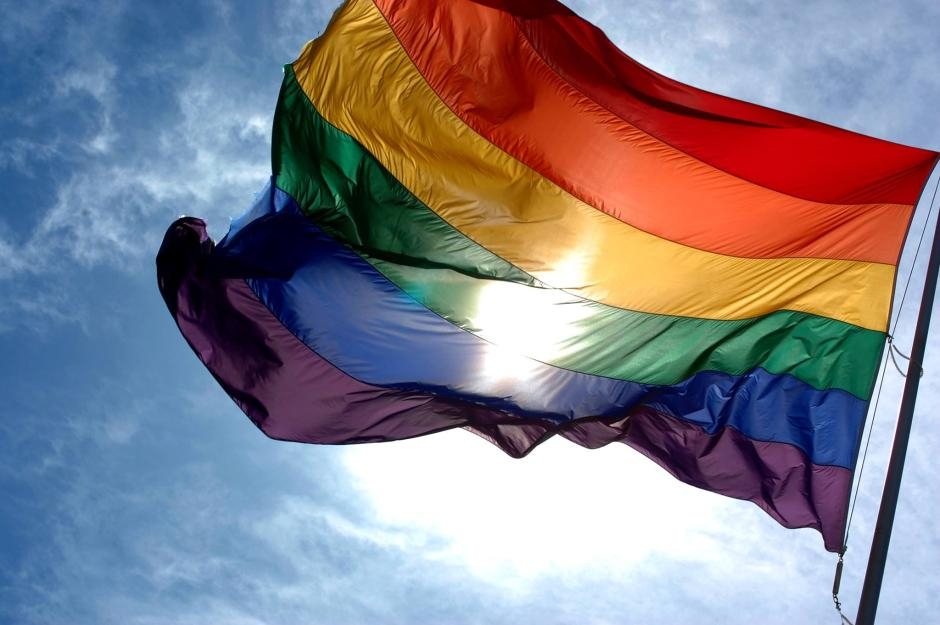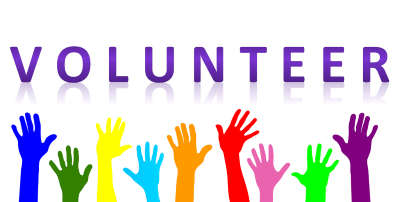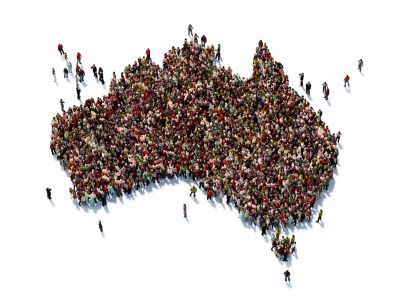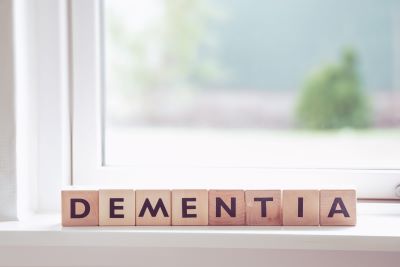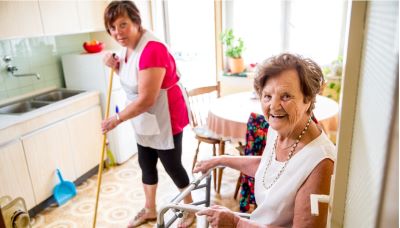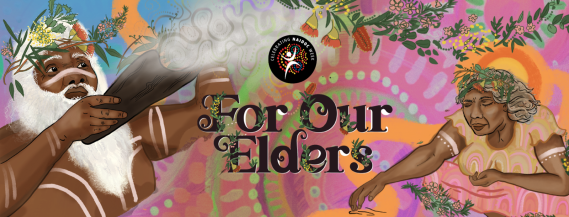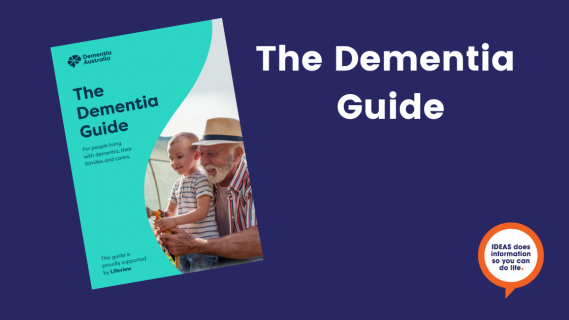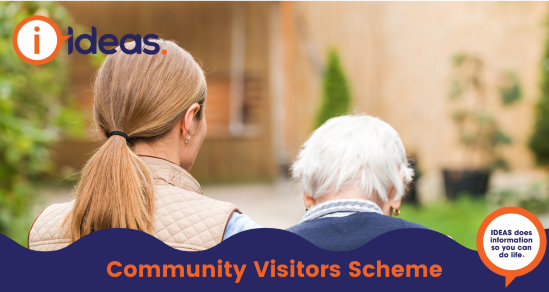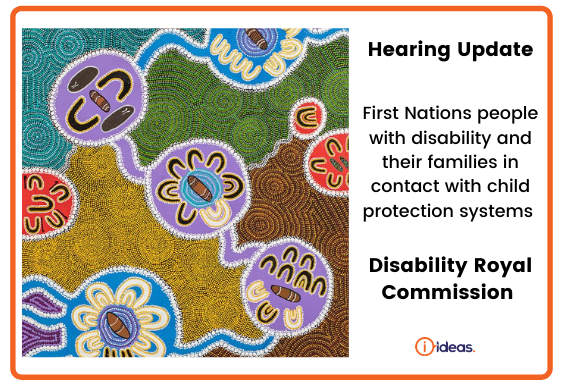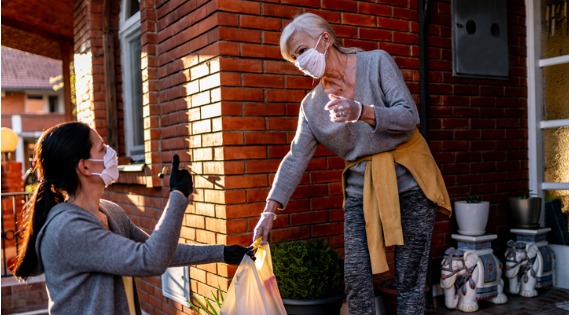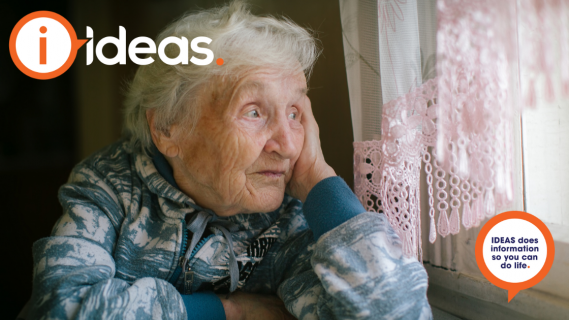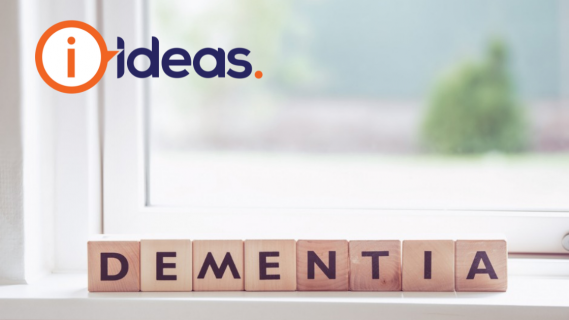It is against the law to discriminate against LGBTI people.
In past decades, health programs and aged care programs have assumed that all people are heterosexual and gender-conforming. This has meant a continued invisibility of older LGBTI people. Current estimates place people who identify as part of this group make up to 11% of the Australian population.
History and context
- An LGBTI person who is currently receiving aged care services grew up knowing that they could be jailed or forced to undergo medical ‘cures’ if their sexual orientation or gender identity was known.
- Homosexuality was considered a mental illness, so people found to be gay, lesbian, or transgender could be subjected to attempted ‘cures’ like aversion therapy.
- Consequently, many older LGBTI people learned to hide their sexual orientation or gender identity to be safe, particularly when interacting with the medical profession.
- Being ‘outed’ could have meant losing your job, family, and friends on top of being imprisoned or given invasive medical ‘treatments.’
- These myths about sexual orientation and gender identity went unchallenged until the 1970s, when male homosexuality began to be decriminalised in Australia, and mental health professions removed homosexuality from their lists of mental disorders.
Source:
National LGBTI Ageing and Aged Care Strategy
These three key elements of ageing for any person
- Financial security,
- Good health and healthcare
- Social Support and community engagement
are more difficult for lesbian, gay, bisexual, and transgender elders to access when they have spent decades experiencing discrimination and marginalisation. Health evidence now shows a correlation between discrimination and poorer health outcomes.
Person-centred care demands knowledge in service provision of the nuances between groups. For example, what experiences are shared by a group and what experiences are different for that individual person.
Chosen family
- LGBTI people often form key relationship links with a non-biological family, sometimes called a ‘family of choice.’ These people may be more important to LGBTI people than their biological family and should be treated in care planning as if they were biological family.
Disclosing gender identity
- A person has a right to choose to disclose or not disclose their gender preference.
- Aged care providers should respect the case where people do not have a choice about disclosure. This may be the case for transgender and intersex people.
Older people of diverse sexual orientation and gender identity should be able to access aged care services that are responsive and respectful of their care needs and consider their history and any experiences of discrimination and marginalisation.
Excellent resources for more info:
- Dementia Research
- My Aged Care for LGBTI Elders
- National LGBTI Ageing and Aged Care Strategy
- Silver Rainbow: Ageing and Aged Care
- It's your Right to Ask

